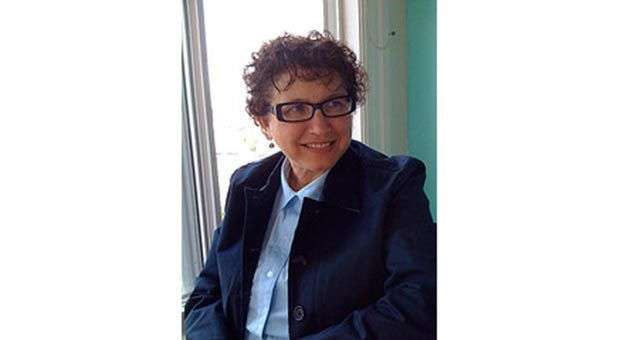Twenty years after the film Strawberry and Chocolate took out of the closet the homosexual theme of Cuban cinema, the American journalist and college professor B. Ruby Rich speaks of queer cinema and hidden films in the 35th International Festival of New Latin American Cinema.
Internationally recognized by christen the New Queer Cinema movement (NQC), the film critic came to Havana with the intention of presenting her latest book and deliver a lecture on this little known film surge in the Island
Surprised by the interest aroused by the presentation of New Queer Cinema, the director’s cut in the Hall 1930 National Hotel – as she stated exclusively to OnCuba – Ruby Rich decided to have another dialogue with a group of journalists , film critics and directors of audiovisual materials, among other people interested, which took place yesterday afternoon .
On both occasions the professor at the University of California spoke about the need to address issues relating to unprejudiced free sexual identity and of gender in the current cinematic discourse in Latin America.
After referring to the essential characteristics of movement and social circumstances which gave rise to it, she said the NQC has had since birth several points in common with the New Latin American Cinema; since it was born in the heat of the struggle for the rights of a minority and as a reaction to the Hollywood mainstream.
Ruby Rich said that this cinema will not be a clear definition of what is next, nor show a positive image. Neither believes that there is interest in following rules to level narrative and characters, but that there is in every movie a preoccupation with the past and a challenging spirit that is not afraid to present topics that may be aggressive to the audience.
When asked if she could speak today of a post-queer, the researcher said she would rather talk about a pre-queer period because, “although the NQC earmarked an audience for the filmmakers, and enabled many companies to communicate and ensure the distribution of these products, there is still much to do.”
I would like to think that we are moving towards something better that cannot be stopped by homophobia. I think queer is more a problem of attitude than of actions, and the categories have been extended thus far would have to be functional to include everything, she added.
Regarding the Cuban context, the essayist and film critic Victor Fowler, one of those present at the second meeting, expressed confidence that the time in which there is a cinema in our country, without shame, self-defined as queer.
Ruby coincided with the opinion of Fowler and others present but suggested that “beyond the definitions would be the greatest merit that homosexuals can make the big screens in and out of the small houses, without forgetting respect to the public, but without much self-censorship.”
New Queer Cinema, the director’s cut was released this year in the U.S., and is the second of the author in regard to the history of LGBTI themed cinema in that country, but also has references to the Cuban context and Latin America. In it are also memories of her visit to the festival two decades ago, when she organized the first exhibition of U.S. independent cinema in Cuba.
The NQC was born within in the U.S. independent film in the early 90s, as an aesthetic yet political movement, a group of directors, in its majority gay, with budgets of queer theory, tried to counter stereotypes, sweetened looks, or simplifications of the identities that have been built from the cinema
This generation of filmmakers stood out by the radical nature of their films and its way of dealing with sexual identities that challenged both the heterosexual status quo, including the promotion of positive images of homosexuality that the LGBTI movement claimed.
The term that encompasses the movement was first used by B. Rudy Rich in an article published in the British magazine Sight & Sound, which was analyzed in the presence of many gay-themed films in major film festivals last year. Other titles included Young Soul Rebels (Isaac Julien, 1991), Poison (Todd Haynes, 1990), Edward II (Derek Jarman, 1992) and Swoon (Tom Kalin, 1992).










